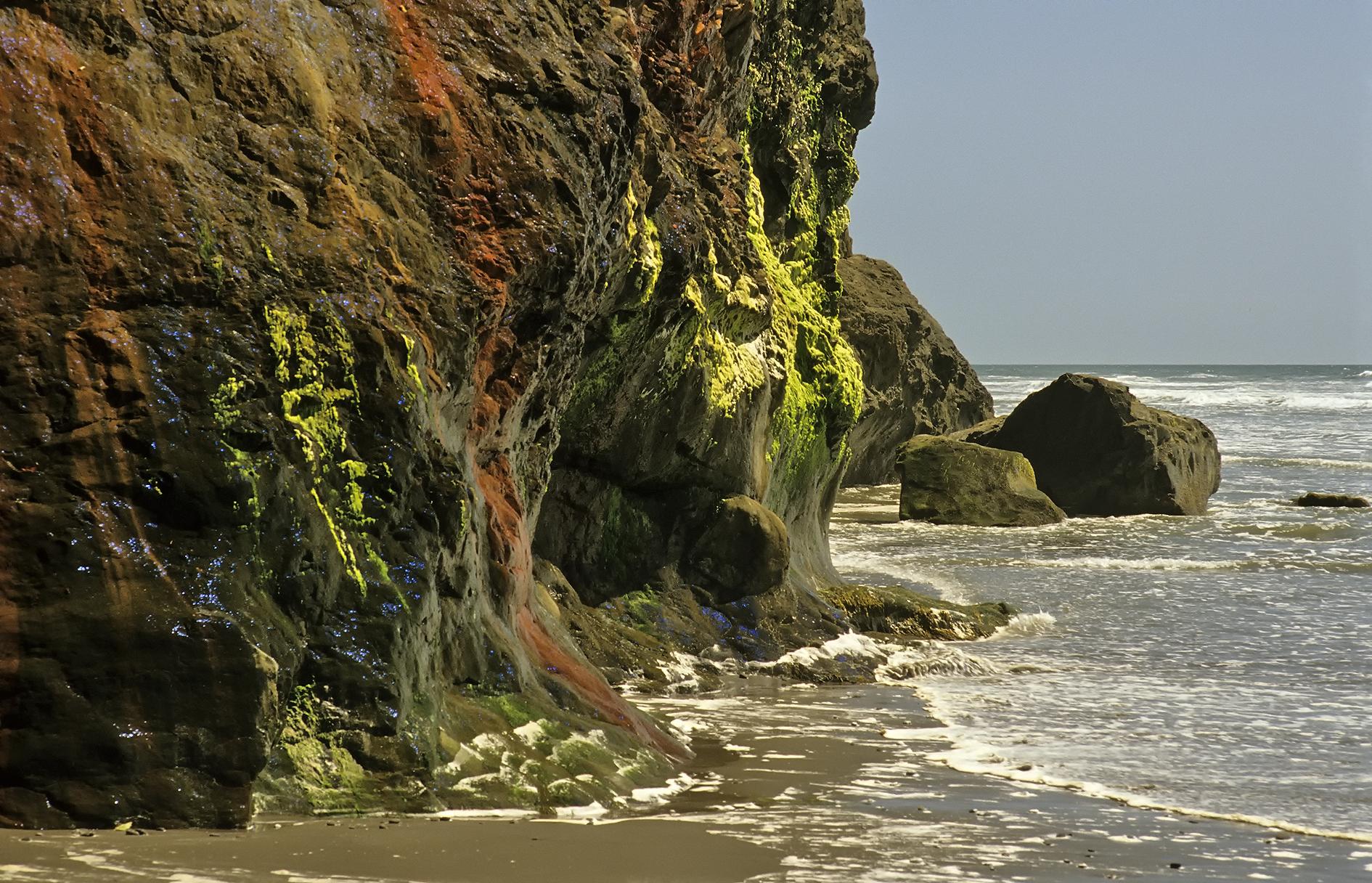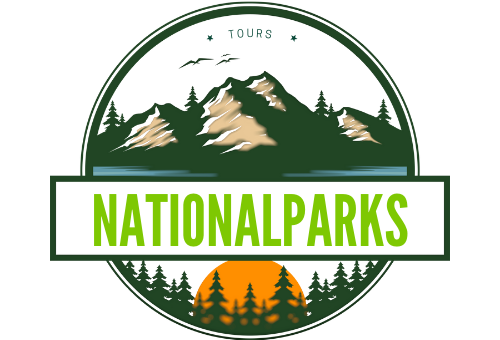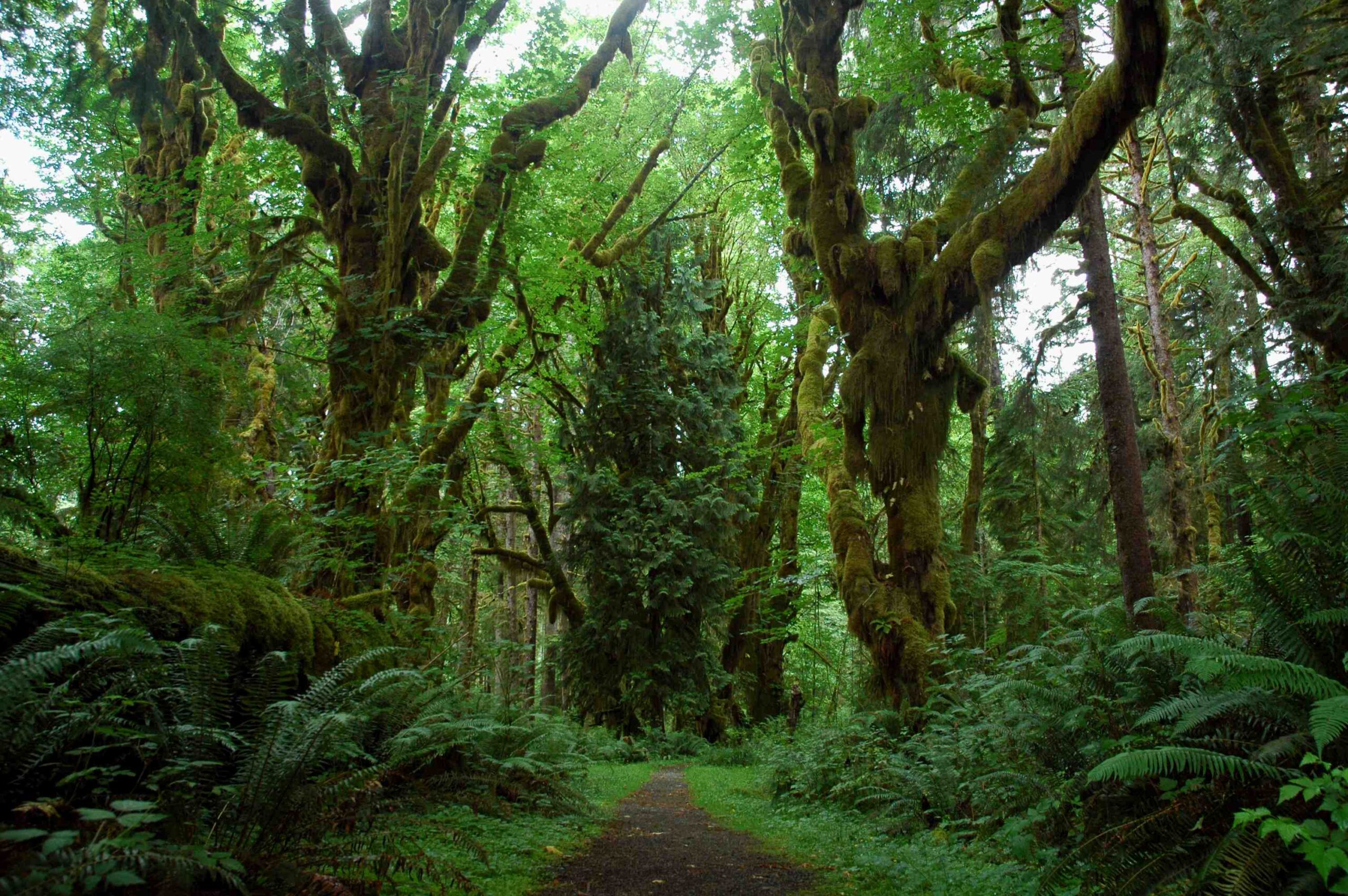Olympic National Park offers diverse landscapes, from rugged coastlines to lush rainforests and towering mountains. The park’s starting areas serve as gateways to these natural wonders, providing access to trails, visitor centers, and scenic viewpoints. This guide explores the primary starting points, their unique features, and essential information for planning your visit to Olympic National Park.
What Are the Main Starting Areas in Olympic National Park?

Olympic National Park boasts several key starting areas, each offering unique experiences and access to different ecosystems within the park. The primary starting areas include:
- Hurricane Ridge
- Hoh Rain Forest
- Kalaloch Beach
- Quinault Rain Forest
- Lake Ozette
- Staircase
Let’s delve into each of these starting points to understand what they offer and how to best plan your visit.
What Makes Hurricane Ridge a Popular Starting Point?

Hurricane Ridge is one of the most accessible and popular starting areas in Olympic National Park. Here’s what you need to know:
Trailheads and Hiking Options
- Cirque Rim Trail:
- Distance: 0.75 mile one-way
- Difficulty: Easy
- Elevation gain: 220 feet
-
Highlights: Stunning views of the Olympic Mountains
-
High Ridge Trail:
- Distance: 0.5 mile loop
- Difficulty: Easy
- Elevation gain: 220 feet
-
Highlights: Access to meadow trails
-
Klahhane Ridge Trail:
- Distance: 3.8 miles one-way
- Difficulty: Moderate
- Highlights: Panoramic views of the Strait of Juan de Fuca and surrounding mountains
Unique Features
- Sweeping vistas of the Olympic Mountains, including Mount Olympus
- Popular destination for snow sports in winter
- Diverse wildlife viewing opportunities
Parking and Accessibility
- Location: 17 miles south of Port Angeles via Hurricane Ridge Road
- Parking capacity can be reached by mid-morning during peak summer months
- Traffic is metered at the entrance station when the parking area is full
- No food or gas services available due to recent fire damage to the Day Lodge
What Can Visitors Expect at the Hoh Rain Forest?
The Hoh Rain Forest is a unique ecosystem and another popular starting point in Olympic National Park. Here’s what you should know:
Trailheads and Hiking Options
- Hall of Mosses Trail:
- Distance: Short loop
- Difficulty: Easy
-
Highlights: Lush moss-covered trees and unique rainforest ecosystem
-
Spruce Nature Trail:
- Distance: Short loop
- Difficulty: Easy
- Highlights: Showcases the diverse rainforest environment
Unique Features
- One of the largest temperate rainforests in the United States
- Dense vegetation and diverse wildlife
- Ethereal atmosphere with moss-draped trees and lush ferns
Parking and Accessibility
- Location: Approximately 31 miles south of Forks off Highway 101
- Parking area can reach capacity by 10 AM during peak summer months
- Overflow parking available near the campground
- No gas or food services available at the Hoh Rain Forest Visitor Center
- Pets are not allowed on the trails
What Other Starting Areas Should Visitors Consider?
While Hurricane Ridge and Hoh Rain Forest are the most popular, Olympic National Park offers several other starting areas worth exploring:
Kalaloch Beach
- Features several short trails leading to the ocean
- Ideal for beach walks and tide pool observations
- Parking is generally available but can get crowded during peak season
Quinault Rain Forest
- Offers trails similar to the Hoh Rain Forest, such as the Quinault Rainforest Nature Trail
- Nearby amenities include lodges and stores
- Parking available near trails and amenities
Lake Ozette
- Trails lead to the ocean over wooden boardwalks
- Notable trails include the Cape Alava Trail and the Sand Point Trail
- Parking available near trailheads
Staircase
- Trails along the North Fork of the Skokomish River
- Features the popular Staircase Rapids Trail
- Parking available near trailheads
How Can Visitors Best Access Olympic National Park?
Accessing Olympic National Park is relatively straightforward, with several options depending on your starting point:
Directions from Major Cities
- From Seattle, Tacoma, or SeaTac Airport:
- Take I-5 south to Olympia
-
Connect to U.S. Route 101, which encircles the Olympic Peninsula
-
Alternative route from Tacoma:
- Take State Route 16 to Bremerton
- Connect to State Route 3 north
- Cross the Hood Canal Bridge on State Route 104
- Reach U.S. 101
Public Transport Options
- Limited public transport options directly to the park
- Ferries available from the Seattle area to Bainbridge Island, followed by a drive to the park
Proximity to Major Attractions
| Attraction | Location | Distance |
|---|---|---|
| Port Angeles Visitor Center | 3002 Mount Angeles Road, Port Angeles, WA 98362 | N/A (Primary visitor center) |
| Hurricane Ridge | South of Port Angeles | 17 miles from Port Angeles |
| Hoh Rain Forest | South of Forks | 31 miles from Forks |
What Amenities Are Available at Olympic National Park Visitor Centers?
Olympic National Park offers several visitor centers with various amenities to enhance your visit:
Olympic National Park Visitor Center (Port Angeles)
- Operating Hours:
- Summer: 9 AM – 5 PM daily
- Fall and Winter: 9 AM – 4 PM daily
- Amenities:
- Staffed information desk
- Bookstore
- Nature exhibits
- Kids’ Discovery Room
- Theater showing free park movie
- Wilderness Information Center for hiking and wilderness camping information
Hoh Rain Forest Visitor Center
- Operating Hours: 9 AM – 5 PM daily
- Amenities:
- Rangers available for questions
- Exhibits
- Bookstore
- Backcountry permit issuance
- No gas or food services available
Ranger Stations
- Locations: Elwha, Storm King, Sol Duc, Kalaloch, Mora, Ozette, Quinault, and Staircase
- Amenities:
- Information
- Exhibits
- Maps
- Bookstores (at some locations)
- Backcountry permit issuance (at several stations)
By familiarizing yourself with these starting areas, access points, and available amenities, you can better plan your visit to Olympic National Park and make the most of your time in this diverse and beautiful natural wonderland.
References:
1. https://www.myolympicpark.com/park/faqs/visitor-centers/
2. https://www.nps.gov/olym/planyourvisit/visiting-in-summer.htm
3. https://www.hikeolympic.com/hurricane-ridge-visitor-center

